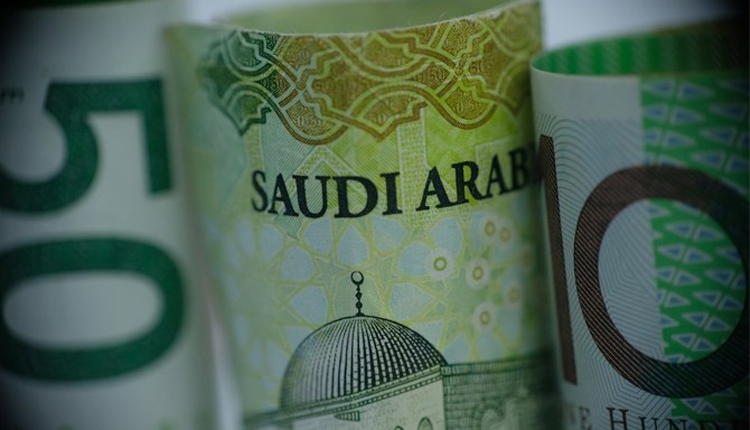The foreign investors withdrew an unprecedented amount of money from U.S. equity funds that tracked Saudi Arabia in October, Reuters reported on Sunday.
The iShares MSCI Saudi Arabia Exchange Traded funds (ETFs) experienced record net outflows in October totalling over $200 million, a 20 percent decrease from the beginning of the month, LSEG data show.
Investors’ concerns about instability also caused outflow from ETFs that exposed investors to stocks in the United Arab Emirates (UAE), Qatar, and Israel. These outflows have been muted this month.
“Capital flight can be quite indiscriminate,” said Torbjorn Soltvedt, principal analyst for the Middle East and North Africa with Verisk Maplecroft.
“It’s not necessarily 100 percent based on the fundamentals for each country. And so obviously, right now, there’s a perception that risks are increasing throughout the region. And we’re seeing a negative impact as a result of that,” he also added.
The iShares MSCI Qatar ETF (QAT.O) lost $7.7 million in funds in October, while the iShares MSCI UAE ETF (UAE.O) suffered outflows of $2.75 million, the report showed.
Since the attack on October 7 by Hamas militants, exchange-traded funds that track Israel, such as the iShares MSCI Israel ETF, ARK Israel Innovative Technology ETF, and BlueStar Israel Technology, have seen net outflows ranging from $2.5 million to $9.3 million.
Over the same period, the outflows from ETFs that track the Gulf countries significantly surpass those from most emerging markets, and the outflows from Israel are also higher than average.
Israel’s war on Palestine marks the second time Israeli markets have faced mayhem this year after earlier fallout from the government’s judicial reforms ramped up pressure on them.
The most recent unrest, according to Natalia Gurushina, chief economist for emerging markets at VanEck, has exacerbated withdrawals. The FDI story – Israel as a destination for tech investment – this took another hit, and a big one,” Gurushina said.
“From a structural perspective, Israel being a safe and attractive place for these kinds of inflows, that’s one of the reasons (ratings agencies) were considering a downgrade before.”
Those concerns were “not going to get better any time soon,” she added.
However, ETFs that track the area have also recovered largely from losses sustained shortly after Hamas began attacking Israel on October 7.
BROAD FLEXIBILITY
The cash flight of ETFs indicates a lack of confidence among investors in otherwise surprisingly resilient markets.
Israel has recovered losses in the shekel and seen a rise in its bounds. On the other hand, bounds in most Gulf countries exhibited little damage from the ongoing war on Palestine.
Portfolio manager with Union Investment, Sergey Dergachev, noted that the turmoil had not slowed issuance in the Gulf, pointing to Saudi Arabia’s sukuk of Public Investment Fund.
“It’s very interesting to observe that you don’t see any big fear of contagion risk,” he said, while noting there had been no corporate debt sales from Israel since the start of the war.
Investors say that almost all of the major economies in the region are robust enough to withstand some turbulence.
Israel possesses reserves worth almost $200 billion, and the Gulf states are supported by rising gas and oil prices.
However, as the region descends back into conflict, the cash flight of equity investors draws attention to the continued serious risk to these economies and their efforts to diversify.
Soltvedt of Maplecroft said that continued war could undermine Saudi efforts to curb its reliance on oil, while Dergachev and other investors said the length of the war on Palestine – and how badly it damaged Israeli businesses and investment – could wreak further disaster on its economy.
“For Israel, the big question is what will happen afterwards? This is not really priced in,” Dergachev said.


